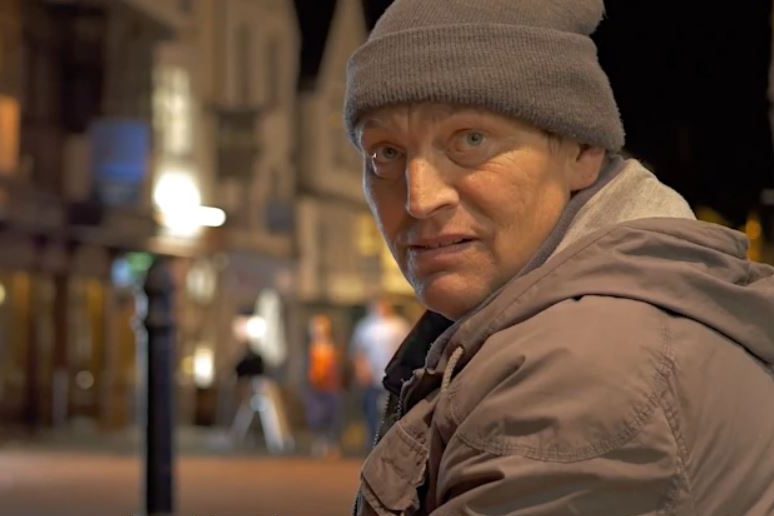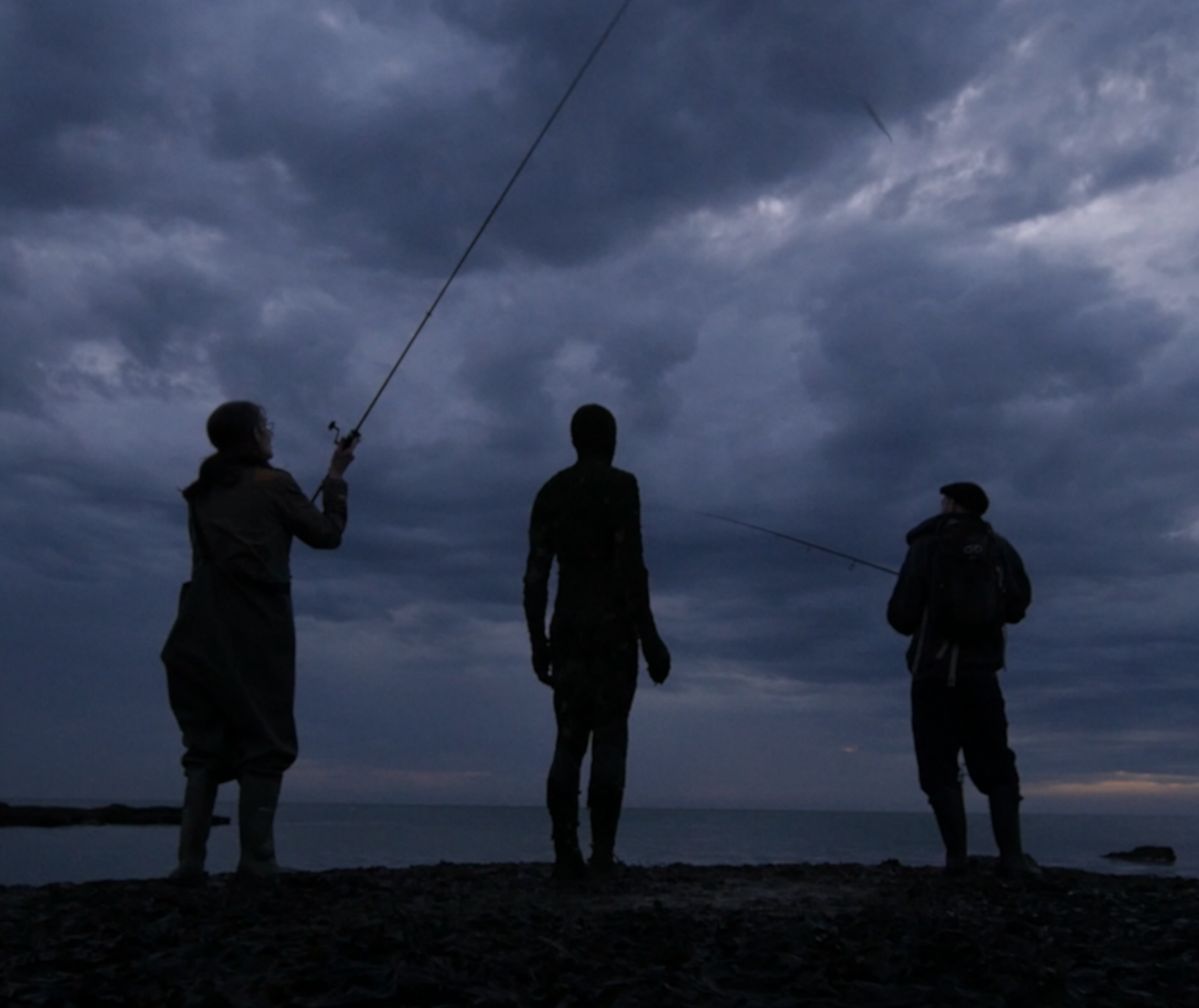This two part CER workshop centres around From the Cubby, a documentary project co-produced alongside research participants who have lived experiences of rough sleeping in south England.
Ethnography of sanctuaries and place-making in (un)hospitable times is the second Centre of Ethnographic Research event this term, taking place on Wednesday 8th March 2023 and is a half-day reflection on the ethnography of sanctuaries, exilic mobility and place-making and will be divided into 2 parts.
For the first part we invite you to a film screening of the first chapter of From the Cubby, a new three-part documentary film project that is being co-produced alongside research participants who have lived experiences of rough sleeping in south England. The first 60-minute instalment documents the life and death of a man called Martin, as an outbreak of tuberculosis sweeps through his community. The film screening will be followed by academic commentaries from Professor David Herd and Professor Lisa Dikomitis and general discussion about the politics and poetics of sanctuary-making among excluded populations, also including migrants and refugees. For Part Two we invite you to a workshop with the series directors Nick Chamberlain (co-director and research collaborator) and Joe Spence (co-director and researcher), and members of the From the Cubby production team. This will be an opportunity to engage with project participants, view unseen footage, and explore our research methods. The workshop will be most useful for researchers interested in integrating audio-visual artistic practices as a mode of social enquiry, collaborative knowledge production, public engagement and activism. About ‘From the Cubby: the series derives its name from a makeshift encampment in Canterbury that used to be frequented by members of the cities rough sleeping population. The Cubby also proved to be a geographical epicentre implicated in an outbreak of tuberculosis. The first episode (The Travellers Tale) serves to contextualise the precarious lives of the series protagonists as the disease takes hold in their community. The second episode (The Harmonicists Tale) explores the treatment journeys of the people who were infected and the efforts of health and social care professionals as they battled to prevent further contagion. The third and final chapter (The Fishermans Tale) is taking the form of a campaign where persons involved in the series build networks and advocate towards healthcare interventions and harm reduction initiatives.

Building on six years of ethnographic fieldwork, the project offers a blend of methodologies including documentary film making, storytelling, artistic intervention, public engagement, and participatory action research. The series aims to address barriers that many homeless and tuberculosis patients face, including mental health, inadequate housing, addiction, county-lines gang violence, poor nutrition, legal constraints, and impediments to welfare. From the Cubby is an extraordinary story, one that provides insights into lives on the brink, the challenges of working with vulnerable populations, and a contribution to participatory and publicly engaged film. From the Cubby embraces methodologies that give voice and visibility to people normally excluded from formal project delivery, design and implementation. Half of the From the Cubby production team are former tuberculosis patients and co-director Nick Chamberlain brings extensive lived experiences of rough sleeping whilst simultaneously attempting to recover from tuberculosis. The first chapter of the film series to be screened – The Traveller’s Tale: explores the life and death of Martin. In a spirited attempt to educate the public around homelessness, Martin takes the filmmaker on a nerve-rattling journey. Acting as a gatekeeper to the rough sleeping community, Martin introduces the filmmaker to members of the local street population, guides him through homeless encampments, and offers insights into his heritage and upbringing. When Martin disappears on Christmas Day, the circumstances are both harrowing and mysterious. Martin leaves behind a breadcrumb trail of clues, leading to Canterbury Cathedral, where an iconic sculpture springs to life with new meaning. At the end of the chapter, the filmmaker is left attempting to complete a research project on commercial fishing, whilst contemplating the symbolism of a black cat stuffed inside a guitar bag. Meanwhile, Martin’s closest friend Nick is on the run from drug dealers, after being falsely accused of stealing a parcel of heroin. As an emergency measure, fleeing violence and faced with no other options, Nick seeks sanctuary in the filmmaker’s home.
SPACES ARE LIMITED. To attend the workshop, please email: Joe Spence.
Wednesday 8th March 2023 12:00-17:00
PART 1: 12:00-14:00 LUPINO Screening Room
PART 2: 15:00-17:00 Swingland Room, Marlowe Building

